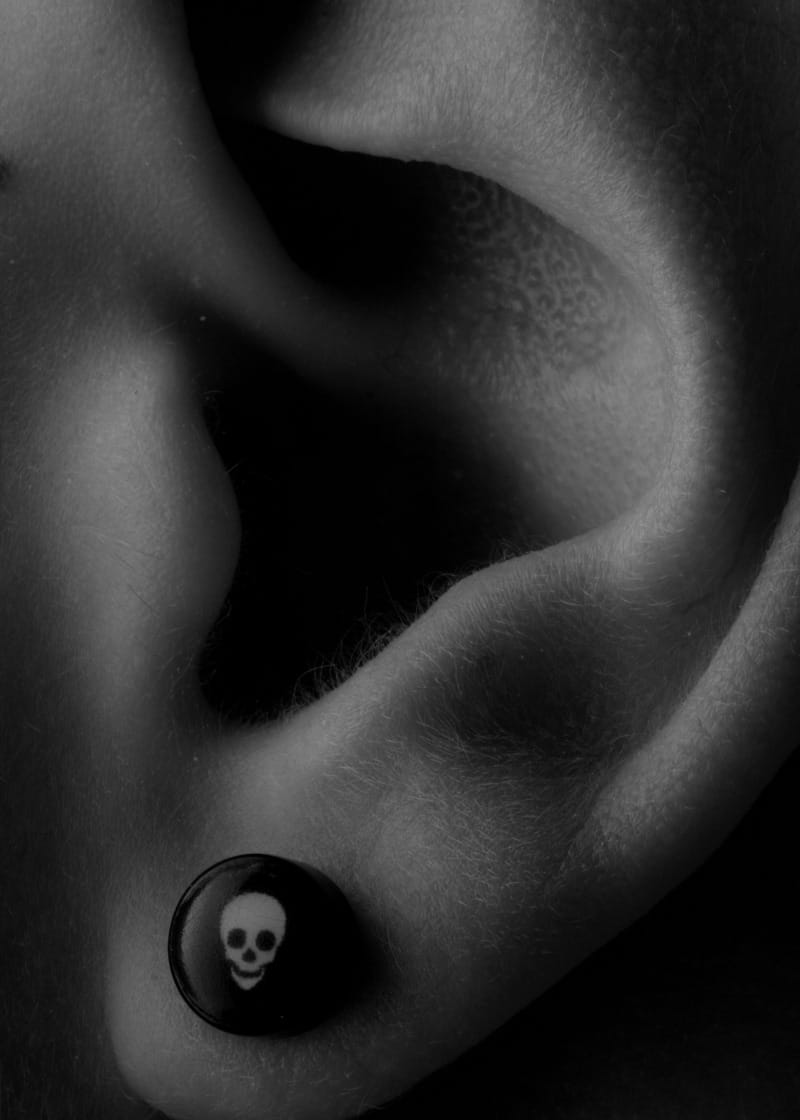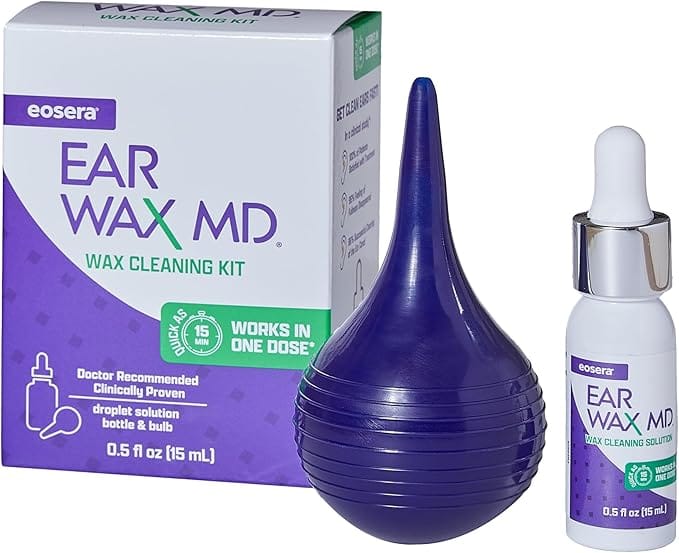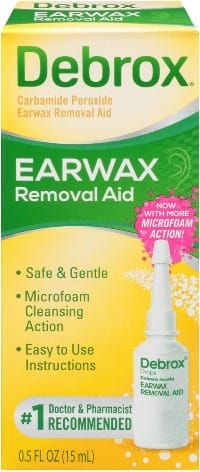Ever wondered why your ears feel clogged after certain meals? It turns out, what's on your plate could be influencing what's in your ear canal. While ear wax is a natural and necessary substance, excessive buildup can lead to discomfort and hearing issues. Let's explore the unexpected connection between diet and ear wax production, and how simple dietary tweaks might help keep your ears clear.
Key takeaways:
• Certain foods may increase ear wax production
• Dairy, gluten, and caffeine are potential culprits
• A balanced diet can promote overall ear health
• Consult a doctor for persistent ear wax issues
The dairy dilemma: How lactose affects ear wax
Dairy products have long been associated with increased mucus production, but their impact on ear wax is less widely known. Research suggests that consuming large amounts of dairy may lead to excessive ear wax in some individuals[1].
Dr. Sarah Johnson, an otolaryngologist at Stanford University, explains: "While the exact mechanism isn't fully understood, we believe that lactose intolerance or sensitivity may play a role in increased ear wax production for some people."
For those experiencing frequent ear wax buildup, consider reducing dairy intake or opting for lactose-free alternatives. Monitor any changes in ear wax production and consult with a healthcare professional if issues persist.
Gluten: A sticky situation for your ears?
Gluten, a protein found in wheat, barley, and rye, has been linked to various health issues in sensitive individuals. Interestingly, some evidence suggests it may also contribute to excessive ear wax production[2].
A study published in the Journal of Otolaryngology found that participants with gluten sensitivity experienced a reduction in ear wax buildup after adopting a gluten-free diet for three months[3]. While more research is needed to establish a definitive link, those struggling with persistent ear wax issues might consider experimenting with a gluten-free diet under medical supervision.
Caffeine: Waking up your ear wax glands?
Your morning cup of coffee might be doing more than just perking you up. Some experts believe that caffeine consumption may stimulate the glands responsible for ear wax production[4].
Dr. Michael Chen, a researcher at the University of California, San Francisco, notes: "Caffeine is known to affect various glandular secretions in the body. While direct evidence linking caffeine to increased ear wax is limited, it's plausible that it could influence cerumen production in some individuals."
If you're a coffee lover dealing with frequent ear wax buildup, consider moderating your intake or switching to decaf options to see if it makes a difference.
The sweet truth: Sugar's impact on ear health
While not directly linked to ear wax production, a diet high in sugar can have negative impacts on overall ear health. Excessive sugar consumption has been associated with inflammation throughout the body, which may affect the delicate structures of the inner ear[5].
Dr. Emily Roberts, an audiologist at Johns Hopkins University, advises: "Maintaining stable blood sugar levels through a balanced diet can contribute to better ear health and potentially reduce issues related to ear wax buildup."
Opt for complex carbohydrates and natural sugars found in fruits and vegetables to support overall ear health and potentially mitigate excessive ear wax production.
Visual element: Infographic showing common foods that may increase ear wax production, including dairy products, wheat-based foods, caffeinated beverages, and sugary snacks.
Conclusion:
While the connection between diet and ear wax production is still being studied, there's growing evidence that what we eat can influence our ear health. By being mindful of potential trigger foods and maintaining a balanced diet, you may be able to reduce excessive ear wax buildup and promote overall ear health.
Remember, everyone's body responds differently to dietary changes. If you're experiencing persistent ear wax issues, it's essential to consult with a healthcare professional for personalized advice and proper treatment. 👂
Curious about how your diet might be affecting your ear health? Try keeping a food diary and noting any changes in ear wax production. Share your experiences in the comments below, and don't forget to subscribe to our newsletter for more insights on longevity science and health!
References:
Citations:
[1] https://www.earcarelab.co.uk/does-diet-affect-ear-wax-build-up/
[2] https://bebird.com/blogs/news/8-foods-that-cause-ear-wax
[3] https://drlesliekoh.com.sg/diet-foods-cause-ear-wax/
[4] https://askanaudiologist.com/what-foods-cause-ear-wax-build-up/
[5] https://hopetravelclinic.co.uk/diets-and-ear-wax-build-up/
[6] https://www.earpros.com/blog/foods-that-cause-ear-wax
[7] https://angliearhearing.co.uk/advice/diet-and-earwax/
[8] https://hearwellgroup.com/blogs/hearing-health/foods-that-cause-ear-wax
















Member discussion